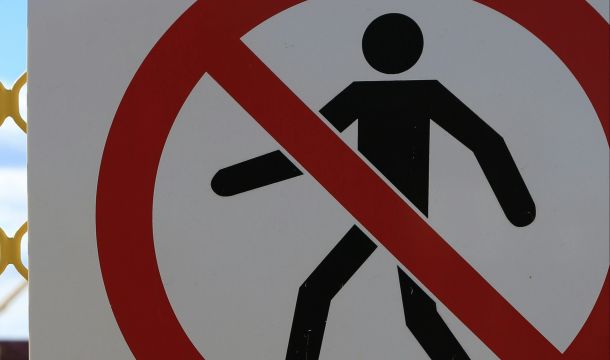WHAT NOW AFTER DEFEAT OF OBAMACARE CHANGES?
House Republican leaders were forced to withdraw the proposed American Health Care Act after failing to gather a single Democratic vote and lacking support from the conservative GOP Freedom Caucus. Although talk persists, there appears to be little likelihood of any immediate efforts to reintroduce the ObamaCare alternative. ObamaCare thus currently remains the law, although there may be a few incremental changes.
President Trump issued an executive order in January urging agency heads to make regulatory adjustments to ObamaCare to the extent possible under the existing law. In late March, 43 Senate Democrats and Sen. Bernie Sanders signed a letter to the White House saying that before they would even consider a bipartisan effort, the President must rescind his January executive order. Some flexibility is built into ObamaCare, as much of its implementation was delegated to the agencies. Potential modifications include a delay in imposing penalties, more hardship exemptions, and possibly even changing the rules redefining essential health benefits that must be covered. In the past there has been significant bipartisan support to postpone or eliminate the so-called "Cadillac tax" on expensive employer plans, while it generally defined as employer-sponsored health plans exceeding $10,200 for individuals and $27,500 for family coverage. This excise tax is scheduled to take effect in January 2020. An incremental change was proposed by the two Tennessee Republican Senators, in late March, which would modify the ObamaCare requirement that tax credits be used only for plans sold on healthcare exchanges, as an increasing number of areas have few or no insurers willing to sell through the current healthcare exchanges. Meanwhile, those employers with 50 or more full-time employees or their equivalent must continue complying with ObamaCare’s wide ranging mandates.
Related Content
Get Email Updates
Recent Content

TPS Update (as of 9/3/2025)

DOL To Shut Down OFCCP and Transfer Duties to EEOC

Meaning of Supreme Court Ruling Limiting Nationwide Injunctions in Birthright Case

In Spite of Adminstration Changes, Monitoring of the Workplace Continues to Create Legal Issues

The Importance of Corporate Culture
